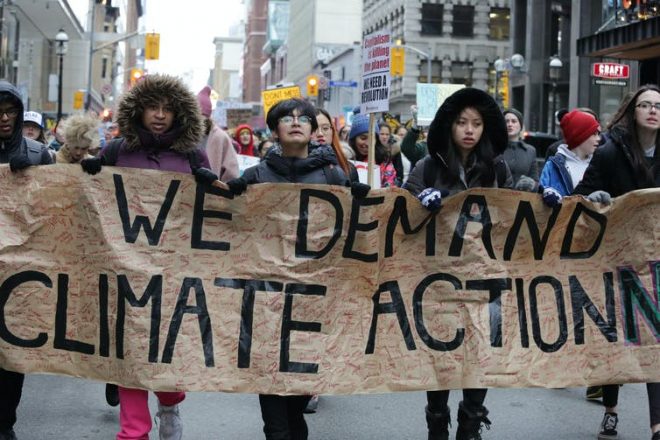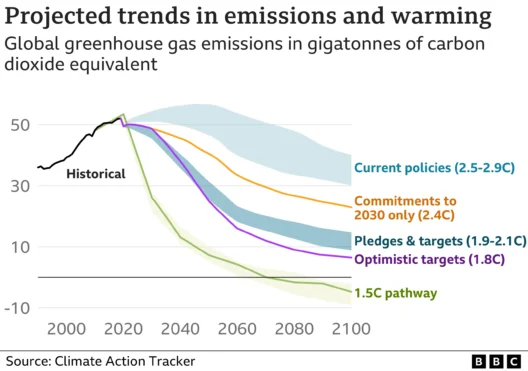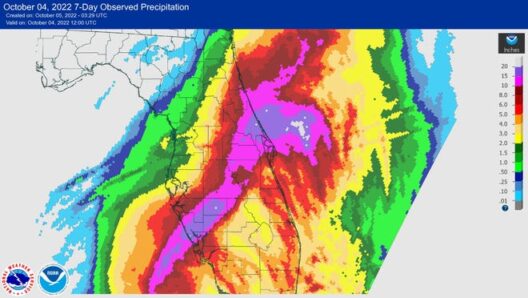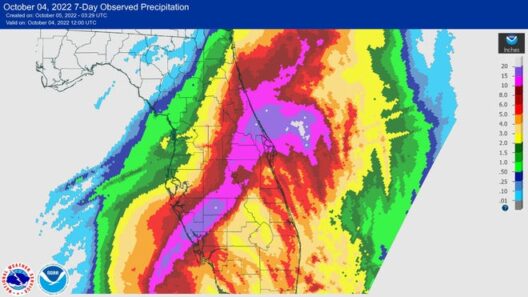Global warming, often likened to a ticking time bomb, demands immediate attention and action from both governments and individuals. As the earth’s temperature escalates due to greenhouse gas emissions, the consequences ripple through ecosystems, societies, and economies. Addressing this multifaceted conundrum calls for a concerted effort—a symbiotic relationship between policy and personal responsibility. The urgency of the predicament compels us to explore the myriad ways in which both entities can mitigate the impending crisis.
The role of government in combating global warming is akin to a conductor in an orchestra, harmonizing various instruments to produce a symphony of change. Effective governance involves enacting robust policies that set stringent emissions targets across all sectors. By adopting renewable energy standards, governments can incentivize the transition away from fossil fuels. This includes not only solar and wind energy but also innovative solutions such as tidal and geothermal energy. By investing in these technologies, states can cultivate energy independence while simultaneously reducing carbon footprints.
Moreover, legislation targeting carbon tax implementation serves as a salient tool for discouraging excessive emissions. By placing a monetary value on carbon output, governments can encourage industries to innovate and opt for cleaner methods of production. Industries that transition effectively may find themselves at a competitive advantage in a world that increasingly values sustainability. Such economic incentives not only bolster environmental goals but also promote job creation in emerging green sectors.
Transportation is another critical domain where government intervention can catalyze significant reductions in greenhouse gas emissions. By expanding public transit systems and investing in electric vehicle infrastructure, governments facilitate a societal shift away from reliance on gasoline-powered vehicles. Simultaneously, urban planning initiatives that prioritize cycling and pedestrian pathways can lead to decreased car dependency, cultivating healthier populations and cleaner air. By creating an environment conducive to sustainable transit, communities can reduce their collective carbon output.
However, governmental measures alone are insufficient in the quest to thwart climate change. Individuals play an indispensable role, akin to droplets of water that collectively form a mighty river capable of carving through mountains. Individual actions, when multiplied across millions, can lead to profound change. Education and awareness are the keystones of individual responsibility. When citizens understand the implications of their choices, they are empowered to make decisions that align with sustainability. Simple actions, such as reducing energy consumption at home through efficiency upgrades, can accumulate over time. Switching to LED lighting, unplugging devices when not in use, and optimizing heating and cooling can significantly diminish household energy use.
Further, dietary choices wield a substantial influence on individual carbon footprints. The production of livestock generates higher greenhouse gas emissions compared to plant-based foods. By opting for a more plant-centric diet, individuals can directly impact their personal emissions while also promoting animal welfare and reducing deforestation linked to livestock grazing. Additionally, supporting local farmers and sustainable agricultural practices not only strengthens local economies but also encourages biodiversity, thwarting the threats posed by monocultures that plague modern farming.
In conjunction with dietary habits, waste management practices present another individual responsibility to mitigate global warming. The staggering amounts of waste generated by society contribute significantly to methane emissions, a potent greenhouse gas released from landfills. By embracing the principles of reduce, reuse, and recycle, individuals can substantially cut down the volume of waste sent to landfills. Composting organic material further diverts waste while producing nutrient-rich soil, illustrating the interconnectedness of ecological processes.
Community engagement is also paramount in the fight against climate change. When individuals collaborate toward common goals, the impact multiplies. Grassroots movements can inspire local governments to implement sustainability initiatives, such as community gardens, tree planting, and clean-up drives. These activities foster a sense of stewardship for the environment and promote social cohesion. Furthermore, sharing resources, such as tools and transportation, through cooperative networks can reduce individual consumption and promote a culture of sustainability.
Technological innovation will continue to play a critical role in the battle against climate change. Government-funded research initiatives that explore advanced carbon capture technologies showcase the potential for innovation to reshape our energy landscape. However, individuals can also contribute by supporting startups and businesses that prioritize sustainability and environmentally-friendly practices. By channeling consumer power toward green products and services, individuals signal to the market the demand for solutions that align with environmental stewardship.
Finally, the significance of advocacy cannot be overstated. Whether it is through voting for climate-conscious candidates, participating in protests, or engaging in dialogue to raise awareness, individuals have the power to effect policy changes. Advocating for actionable climate policies creates a profound ripple effect—encouraging leaders to prioritize climate issues in their agendas. In this way, citizens become instrumental in shaping the societal narrative around climate action.
In conclusion, the daunting challenge of global warming necessitates a dual approach, blending concerted governmental action with informed individual choices. Together, these elements can orchestrate a harmonious response to an existential crisis. By embracing both collective governance and personal responsibility, we can carve a more sustainable path forward, transforming the ticking time bomb of climate change into a testament of resilience and unity. The appeal of a healthy, thriving planet is one that resonates across generations, urging us to act now with purpose and determination.





